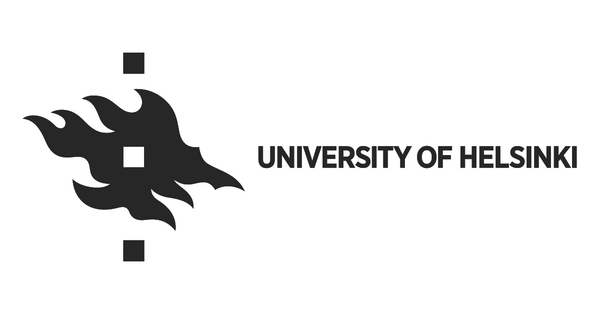University of Helsinki: ERC Starting Grant awarded to three University of Helsinki researchers
The recipients of the prestigious funding investigate new therapies for ovarian cancer, maternal health’s relationship to congenital heart defects, and the effect of temperature changes on bacteria.
Three researchers working at the University of Helsinki have been awarded a prestigious five-year Starting Grant by the European Research Council.
The ERC project under Anniina Färkkilä investigates how ovarian cancer cells manage to hide from the body’s immune system and how these mechanisms can be utilised in the development of new, increasingly effective therapies.
The project examines how gene mutations, the location of individual cells and cell–cell interaction, as well as the expression of genes in different parts of tumours affect the prognosis and the treatment responses in ovarian cancer.
In the ERC-funded project, researchers have the opportunity to study individual ovarian cancer cells and their functioning with an unprecedented precision. The findings can be used to identify new immunotherapies as well as improve the treatment and prognosis of ovarian cancer patients. The findings will also make it possible to target the new therapies to those patients who will benefit the most from them.
How do congenital heart defects develop?
Emmi Helle investigates the effects of maternal diseases and genetics on the development of the heart of the embryo and foetus during early pregnancy.
Congenital heart defects are the most common structural abnormalities in newborns, occurring in roughly one in 100 individuals. Congenital heart defects are known to be partly hereditary, but their inheritance is complex. The events associated with the early development of the heart that result in heart defects are still fairly poorly known.
The goals of Helle’s ERC-funded project include producing more information on how the genes and diseases of the expectant mother alter intrauterine conditions in high-risk pregnancies and how these conditions result in structural abnormalities of the offspring’s heart. The researchers also aim to find ways to reduce the risk of heart defects in the offspring as well as to improve the long-term health of both the expectant mother and the foetus.
The research dataset is composed of national registry data, Finnish biobank samples and data from the FinnGen project. Helle has assembled a team with diverse expertise in registry-based studies, genetic research as well as cell and molecular biology. The ERC-funded project combines this expertise with Finland’s globally unique registry, biobank and genetic data.
Emmi Helle and Annina Färkkilä are both currently working as clinical researchers funded by the Academy of Finland.
How do bacteria adapt to different temperatures?
The ERC project under Jarno Mäkelä, a specialist in super-resolution microscopy, focuses on how bacteria can withstand severe temperature changes. We still do not understand how bacteria can grow across large temperature ranges of up to 40°C. Moreover, many bacteria have evolved to thrive at extreme temperatures, from 0°C to even 100°C.
To examine these processes, researchers will use super-resolution microscopy, which allows direct visualisation of the activity of thousands of individual proteins inside single living cells. The study includes bacteria growing at different temperatures, including bacteria found in intestines, hot springs and Antarctica.
The project will contribute to our understanding of how environmental changes affect microbes, which is essential for achieving an environmentally sustainable future. The new insights can also be used to develop more energy-efficient, environment-friendly biotechnological processes.
Funding for promising research directors
The ERC Starting Grant is a grant scheme by the European Research Council, targeted at promising research directors in the early stages of their careers. Intended for establishing a research group and launching independent research activities in Europe, Starting Grants may be awarded up to € 1.5 million for a period of 5 years.
Up to this point, 22 University of Helsinki researchers have been awarded the ERC Starting Grant.

